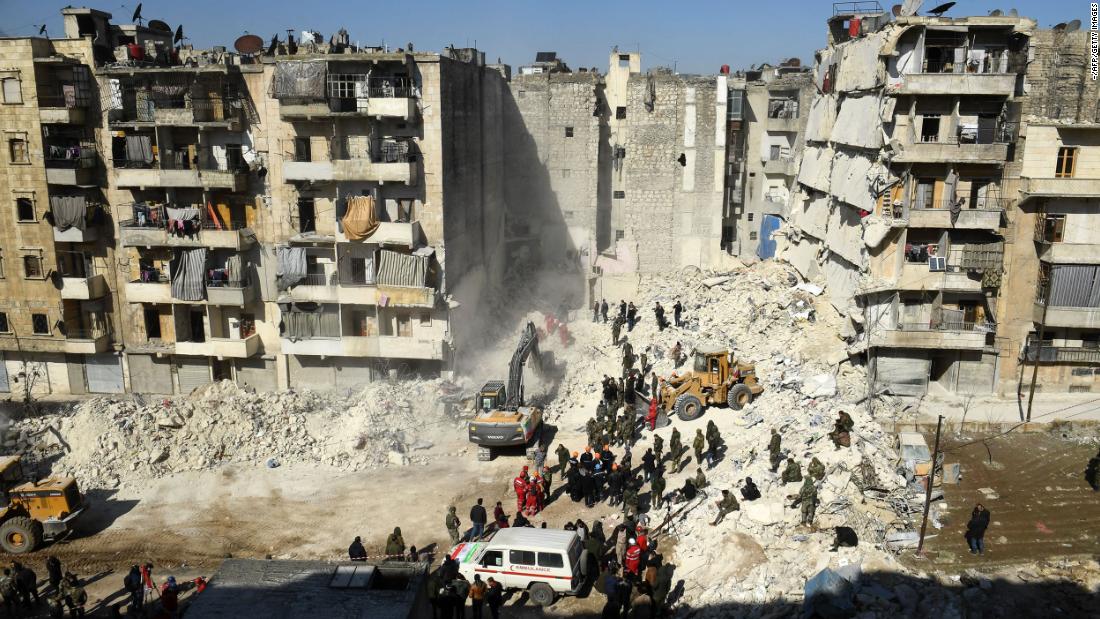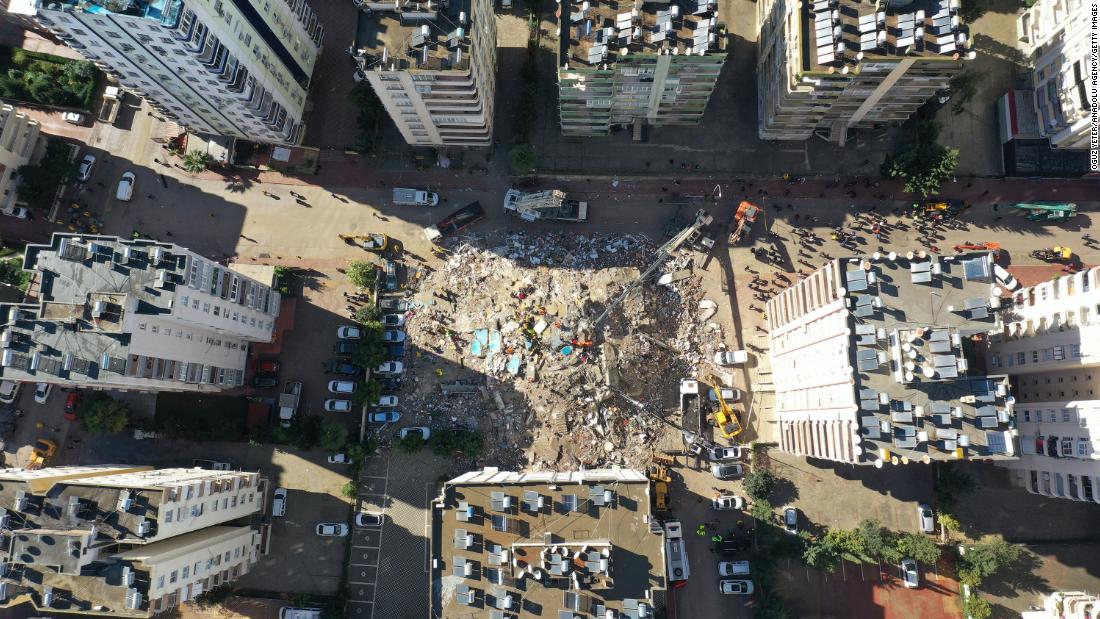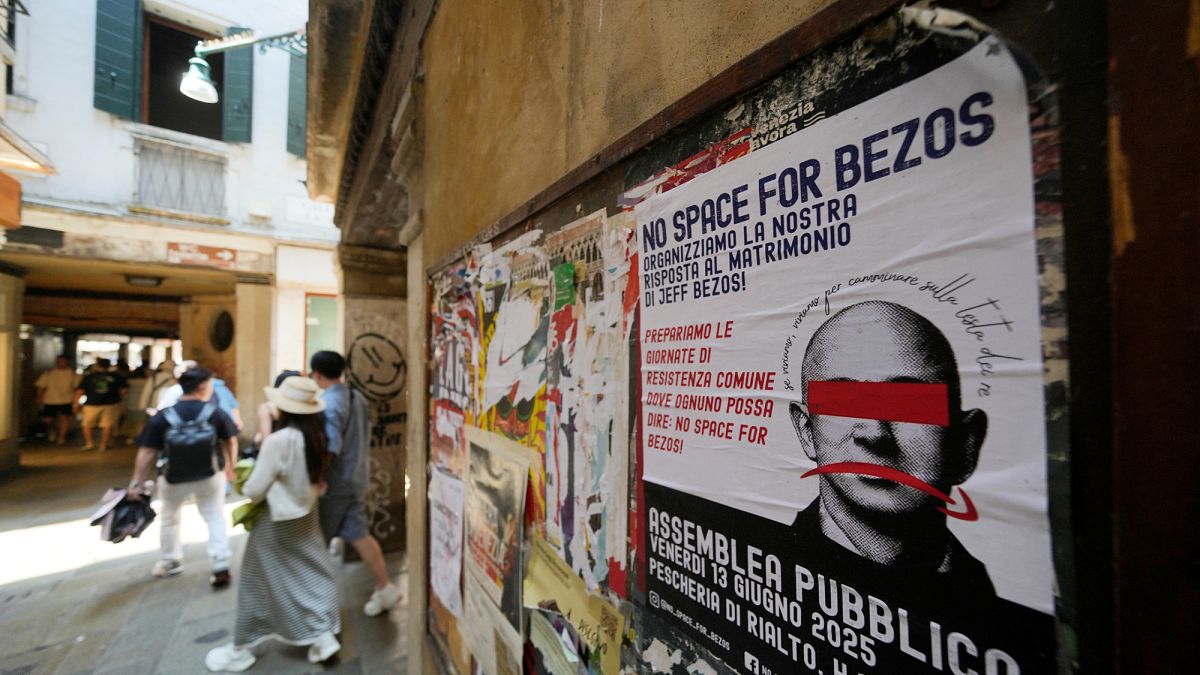Donald Trump has made his most explicit comments yet about possible US military action against Iran, saying that the next week would be “very big” in determining the course of the war between Israel and the Islamic republic.
Speaking after Iran’s supreme leader Ayatollah Ali Khamenei warned Washington of “irreparable damage” if it intervened, Trump suggested Tehran wanted to negotiate but had left it perilously late.
“I may do it. I may not do it. I mean, nobody knows what I’m going to do,” Trump said at the White House on Wednesday morning, a day after receiving a Situation Room briefing on the conflict.
“The next week is going to be very big — maybe less than a week,” he added in remarks that hinted at a possible timeframe for the US decision.
Hours later, Israeli Prime Minister Benjamin Netanyahu said in a statement that he had a “very warm” conversation with Trump on Tuesday night.
Netanyahu said Israel was “advancing step by step” to remove Iran’s nuclear and ballistic missile threats, adding: “We are attacking nuclear installations, missiles, command centres and the symbols of the regime.”
But he also acknowledged that Israel was “sustaining many losses, painful losses” from Iran’s missile strikes.
The Pentagon on Monday ordered the USS Nimitz aircraft carrier and three missile-guided destroyers to redeploy from the South China Sea to the Middle East, a journey that is likely to take about a week.
The US president said he had not given Netanyahu any indication of greater US involvement in the strikes against Iran.
But he said he had told Netanyahu to “keep going” with his attacks.
Trump added that Tehran, which was engaged in indirect talks with Washington over its nuclear programme before Israel launched its war, had suggested sending a delegation to the White House for talks. He described the move as “courageous”, even though he said Iran was “totally defenceless” and in an “unsustainable” position.
“Iran’s got a lot of trouble and they want to negotiate,” he said, adding that he had told the Iranians “it’s very late to be talking”, while cautioning “nothing’s too late.”
Oil prices fell after Trump’s remarks, which investors saw as potentially dovish, with the Brent crude benchmark down 2 per cent from Tuesday’s close, before it pared back some of its losses.
However, Iran’s mission to the UN denied Trump’s account, posting on X: “No Iranian official has ever asked to grovel at the gates of the White House . . . Iran does NOT negotiate under duress.”
In a televised message to the Iranian people earlier in the day, Khamenei hit out at Trump’s call for Tehran’s “unconditional surrender”, which the US president suggests would mean the complete destruction of the country’s nuclear programme.
Israel says the programme is aimed at developing a weapon, although Iran says it is purely peaceful.
“Those with wisdom who know Iran, its people and history, will never use the language of threat to address this nation because they will never surrender,” the Iranian supreme leader said.
“The Americans should know that any US military engagement will undoubtedly result in irreparable damage,” he added.
When asked about Khamenei’s comments, Trump said: “I say, ‘good luck’.”
Testifying before Congress on Wednesday, US defence secretary Pete Hegseth said the Pentagon “stands ready to execute” any decision the president makes about going to war, though he declined to say whether the Pentagon would assist Israel in striking Iran.
“President Trump’s word means something. The world understands that. And at the defence department our job is to stand ready and prepared with options,” Hegseth said. “We already have in many ways . . . re-established deterrence. The question is, in the coming days exactly what direction that goes.”
Should Trump decide to involve the US more directly, he could make the most decisive difference by striking Fordow, a key Iranian nuclear facility buried half a kilometre beneath a mountain, with US B-2 bombers and 30,000-pound GBU-57 massive ordnance penetrators, known as “bunker busters”.
Earlier on Wednesday, Israel said it had hit a production site to make centrifuges to enrich uranium — a process that can yield both nuclear fuel and weapons-grade material — as well as sites manufacturing parts for surface-to-surface and surface-to-air missiles.
Later in the evening, an Iranian missile salvo targeted Tel Aviv and central Israel, with early reports suggesting all the projectiles had been intercepted.
Additional reporting by Demetri Sevastopulo in Washington, Neri Zilber in Tel Aviv and Andrew England in London





























